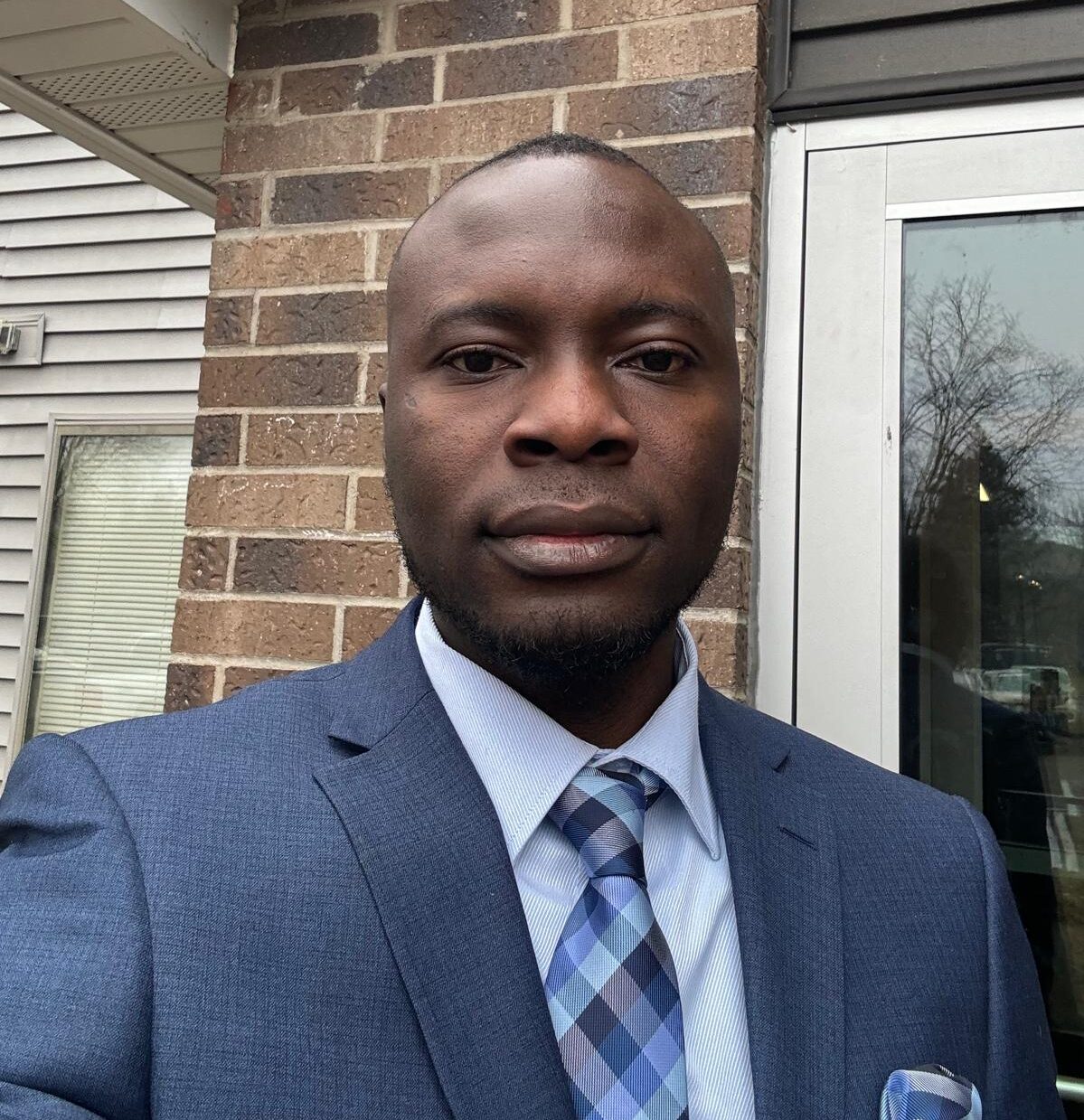
It is obvious that English language is a foreign language Nigerians have agreed to adopt to solve some of the communication problems we face in Nigeria as a result of multiplicity of languages. Worthy of note is also the fact that the acquisition of the language is highly problematic. On one hand, it does not reflect our socio-cultural activities in any way, on the other hand, it does not account for all of our socio-economic life. However, due to the advantages attached to the language, we have not only adopted it, but have exalted it above other languages in Nigeria. For instance, it has found its ground in the educational sector of the country- it is the basis for gaining an admission into any institution of learning. It is also the medium of instruction in any formal gathering to mention but a few. The main idea behind this piece is to spotlight some common errors in the use of English especially amongst Nigerian speakers and to suggest a better way to express the ideas stated. Some of the errors are apparent while others are concealed. It is imperative for language learners especially students who are taking English either as a course or subject to be aware of these errors and to make necessary amendments.
Ideas are often given other meanings other than what they actually mean to the native speakers. What some Nigerian speakers see as A can be originally taken as B by the native speaker. Some of the words do not exist in the English dictionary while others that exist have been given another meaning entirely.
Some examples are well done, gateman, tight friend, lift, my second, co-wives, go-slow etc
٭The rich man got a gateman (gate keeper).
٭He has a tight friend (an intimate friend).
٭She gave me a lift (free ride)?
٭My second took it (partner).
* My co-wives are here (the other wives of my husband).
٭I saw many known faces at the party (familiar people).
٭Mr. Larry is a radionic (radio repairer).
*They used long leg (personal connection with an influential person to obtain favour).
*Next tomorrow is my birthday. (the day after tomorrow)
*Mrs. Alo is a big madam (an influential person).
*We have a big man in my family (an influential person).
*There is go-slow (traffic hold-up) here.
*A Governor was impeached from office (removed).
*There is a big gallop on the bridge (pot-hole).
*The dupe tricked him (con man) etc.
Considering the last example above, Nigerians often erroneously refer to the ‘con man’ as the ‘dupe’. However, to a native speaker, it turned out that the person tricked is referred to as the ‘dupe’.
Duplication of words is a feature of Nigerian languages. Meanings in some Nigerian languages can be best expressed through duplicating the words. This feature has been transferred into English language amongst Nigerian speakers as we now have expressions such as the following.
*He played gently-gently (so gently).
*I did it fast-fast (very fast).
*I had it before-before (before- usually a long time ago).
*I ate rice now-now (not long ago).
*Let us do it quick-quick (quickly).
*Today-today, I will collect my money (today- usually without any excuse).
*Long-long ago, he travelled to Lagos (a long time ago).
*We did the work small-small (bit by bit).
*Usain Bolt runs very-very fast (very- usually to a great extent) etc.
Another common error usually made by most Nigerian speakers of English is what is called ‘tautology’. Just like the above point, most speakers of English in Nigeria believe that more details need to be added to every expression for proper understanding and to avoid ambiguity. Most Nigerian speakers believe that they need to explain their point so that there will not be any form of misinterpretation or misrepresentation. They often make grammatical blunders in the bid to add more piece(s) of information. In most cases the added piece(s) of information is/are redundant. Let us consider the following examples. The italicized words below are redundant- they are not needed.
*Repeat what you said again.
*That is my personal opinion.
*Nigeria’s past history is worth studying.
*I want to reiterate again.
*Knock the door!
*WAEC council has released its time table.
*Can I have your PIN number?
*Give me your BVN number.
*God took preeminent control.
*The house has been completely surrounded.
*The shirt is large in size.
*The suit is white in colour.
*The man is honest in character.
*The load is heavy in weight.
*A circle is round in shape
*Naira has appreciated or depreciated in value.
*Let us look back in retrospect.
In conclusion, from the above we have identified some aspects where Nigerians habitually flaunt the rules of grammar. Some of these are as a result of interference of the Nigerian languages in the speaking of English while others are as a result of too much explanation given to ideas or thoughts. The aspects identified here are transferred meaning, duplication of words and tautology. The errors aforementioned in this piece should be considered carefully especially in examination situations.






